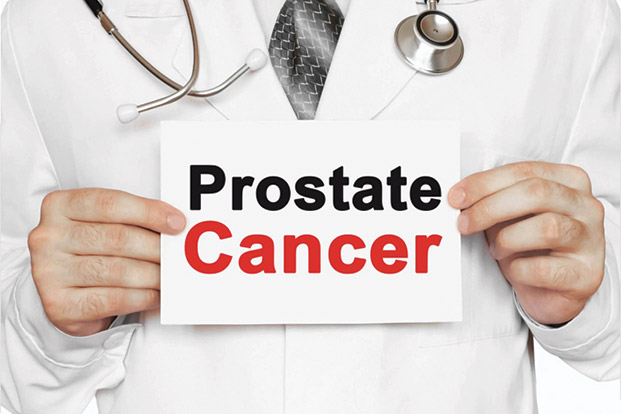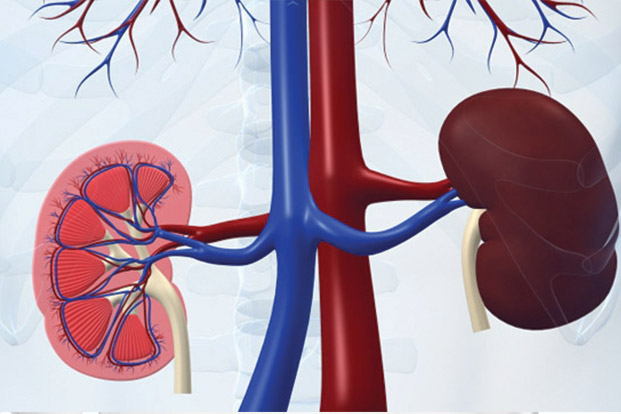Categories
- Bariatric Surgery (11)
- Black Fungus (5)
- Bone Marrow transplant (3)
- Brain Tumor Surgery Navigation Technology (20)
- Cardiac Surgery (66)
- Cardiology (97)
- Computer navigation technology for joint replacements (20)
- Covid Vaccination (17)
- Critical Care (2)
- Dental (19)
- Dermatology (31)
- Dialysis Support Group - “UTSAAH” (11)
- Dietitian (33)
- Emergency Medicine (4)
- Emotional Health (11)
- Endocrinology (33)
- ENT (20)
- Gastroenterology and GI Surgery (53)
- General and Laparoscopic Surgery (21)
- General Surgery (4)
- Gynecology & Obstetrics (183)
- Hematology (20)
- Internal Medicine (294)
- Kidney Transplant (50)
- Kidney Transplantation (20)
- Lung Cancer (8)
- Minimal Invasive Surgery (1)
- Mother & Child (20)
- mucormycosis (5)
- Nephrology (61)
- Neurology (147)
- Neurosurgery (68)
- Nutrition and Dietetics (107)
- Omicron Variant (1)
- Oncology (288)
- Ophthalmology (10)
- Orthopaedics & Joint Replacement (86)
- Paediatrics (59)
- Pediatric Nephrology (3)
- Physiotherapy (5)
- Plastic & Reconstructive Surgery (6)
- Psychiatry and Psychology (90)
- Psychologist (28)
- Pulmonology (72)
- Rheumatology (13)
- Spine Services (21)
- Transradial Angioplasty (16)
- Urology (84)
Query Form
Posted on Apr 19, 2022
Things to Know About Inherited Risk for Prostate Cancer
Most of the cases of prostate cancers are not caused because of the inherited cancer genes and even most of the men who suffer from this don’t have a family history regarding this cancer. But sometimes it runs in the families and nearly 5 to 10 % of all cases diagnosed are because of the hereditary, that shows the increased risk for the disease runs in the family. in such cases, one must visit a urologist to rule out prostate cancer
Prostate Cancer ad Family History:
It has been observed by the urologist doctors at Paras Hospitals that family history is the strongest risk factor for prostate cancer. If an individual’s close relative is suffering from the prostate is twice as likely to develop prostate cancer as a man with no family history of the disease. And, if two close male relatives are affected, then a man’s lifetime risk increases fivefold.
In recent years, studies have also identified a number of heritable genetic changes that can contribute to the development of prostate cancer. For instance, research is done for this issue suggests that men with mutations in the gene BRCA2 have an increased risk of suffering from this prostate cancer.

Presently, the investigators are making efforts in the determination of the extent this and other mutations play a role in causing the disease. Such understanding will also persuade to research for the methods for the identification of men who are at increased risk, which will further lead to the development of new treatments for this type of cancer.
When should you see a urologist ?
The following are a few of the signs and symptoms are associated with prostate cancer.
- Pain in the bones
- Burning sensation, pain and difficulty during urination
- Urinary incontinence or loss of bladder control
- Increase or decrease in the frequency of urination
These are the common and basic symptoms that may suggest a urinary issue. Please note that they may or may not be indicative of prostate cancer and only doctor examination and recommended medical tests can confirm the same.



